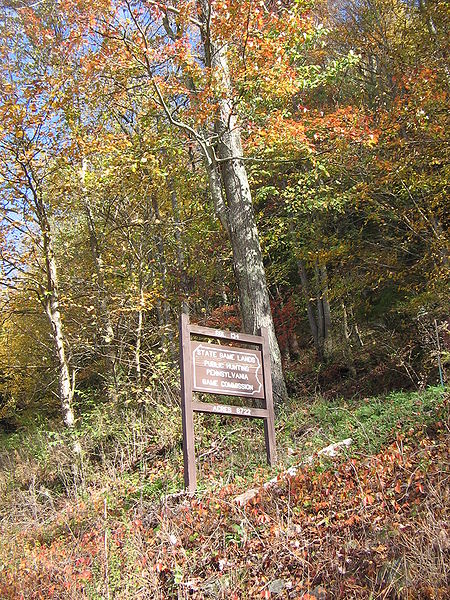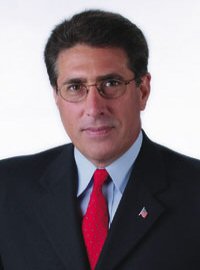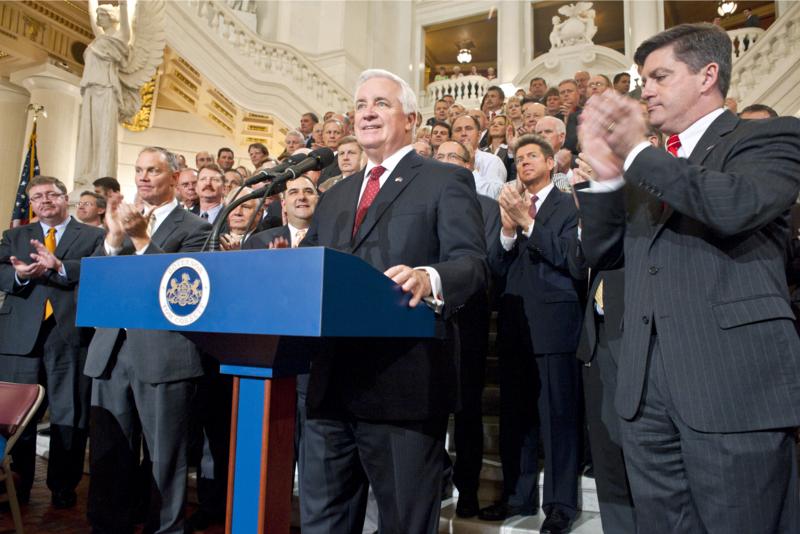Tuition Will Increase at Pennsylvania’s 14 State Owned Universities
Tuition will be going up for students attending Pennsylvania’s 14 state owned universities. The Board of Governors of the State System of Higher Education has approved the increase to help make up part of the gap left by the state budget.
In-state students will pay an additional 7.5% for tuition, or $218 per semester and 50% more for their technology fee, an increase of $58 per semester for the 2011-2012 academic year. The tuition for out-of-state students was still being calculated. Chancellor John Cavanaugh told the board the schools will still face a gap of about $33 million after the increases.
Dr. Cavanaugh says a 1% increase in tuition translates into $8.5 million. The total gap was $112 million, including a reduction of more than $90 million in state funding under the budget approved by the General Assembly this week. The Governor’s original budget plan had called for an even steeper cut in state funding. Dr. Cavanaugh says the system had been saying all along they would not totally make up the difference through tuition increases.
Prior to the vote, Steve Hicks, President of the Association of Pennsylvania State College and University Faculties (APSCUF), told the board they’ve done a great job in the last six years keeping tuition down, maybe too good a job. He says Pennsylvania had the lowest tuition increases in the country for a public system for the last six years, going from above the national average, to $600 below it. He asked the board to vote for an increase that fills most of the gap left by the legislature.
APSCUF Vice President Ken Mash says the Office of the Chancellor has worked very hard to look for areas to reduce costs. He says the presidents and everyone at the universities have risen to the challenge, seeking to preserve high quality education while repeatedly reducing expenditures. He says efficiency has reached its pinnacle, the budget ax has simply hit bone.
Board of Governors student representative Leonard Altieri III, who attends West Chester University, said students knew a tuition increase was coming. He said he’s extremely comfortable with this increase, because students see what happens when the schools don’t have the funds, with programs that get cut from the campuses.
The increase is the highest since the 2002-2003 school year, when tuition was raised by 9%.
The state system schools are Bloomsburg, California, Cheney, Clarion, East Stroudsburg, Edinboro, Indiana, Kutztown, Lock Haven, Mansfield, Millersville, Shippensburg, Slippery Rock and West Chester Universities.














